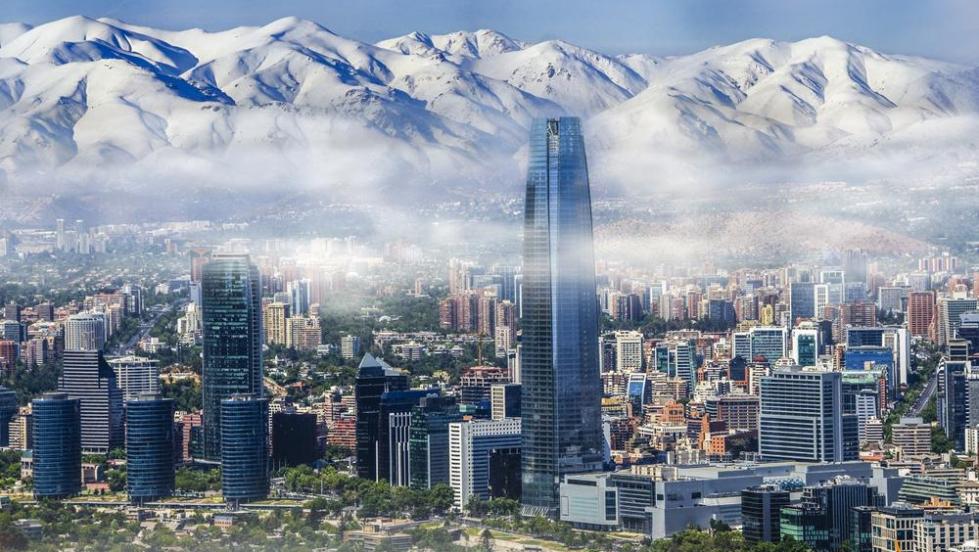About Chile
Chile is a long, narrow country stretching along South America's western edge, with more than 6,000km of Pacific Ocean coastline. Santiago, its capital, sits in a valley surrounded by the Andes and Chilean Coast Range mountains. The city's palm-lined Plaza de Armas contains the neoclassical cathedral and the National History Museum. The massive Parque Metropolitano offers swimming pools, a botanical garden and zoo. Stone tool evidence indicates humans sporadically frequented the Monte Verde valley area as long as 18,500 years ago. In 1520, while attempting to circumnavigate the globe, Ferdinand Magellan discovered the southern passage now named after him, the Strait of Magellan, thus becoming the first European to set foot on what is now Chile. In 1808, Napoleon's enthronement of his brother Joseph as the Spanish King precipitated the drive by the colony for independence from Spain. A national junta in the name of Ferdinand – heir to the deposed king – was formed on 18 September 1810. The diverse climate of Chile ranges from the world's driest desert in the north—the Atacama Desert—through a Mediterranean climate in the center, humid subtropical in Easter Island, to an oceanic climate, including alpine tundra and glaciers in the east and south. Tourism in Chile has experienced sustained growth over the last few decades. The main attractions for tourists are places of natural beauty situated in the extreme zones of the country.
